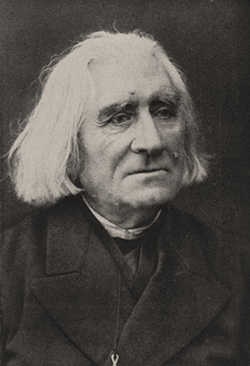Charlotte, NC is a great place to run a music studio. There are so many different opportunities for students of all ages. Here are a few of the festivals and programs that students of all ages will be able to participate in during the coming year.
National Federation of Music Clubs- www.nfmc-music.org
North Carolina Music Teacher’s Association- www.ncmta.org
American College of Musicians- www.pianoguild.com
Carnegie Hall Royal Conservatory- The Achievement Program- www.theachivementprogram.org
Charlotte Music Club Auditions
MTNA Music Achievement Award Program-

 Beethoven
Beethoven Liszt
Liszt Stravinsky
Stravinsky Schoenberg
Schoenberg